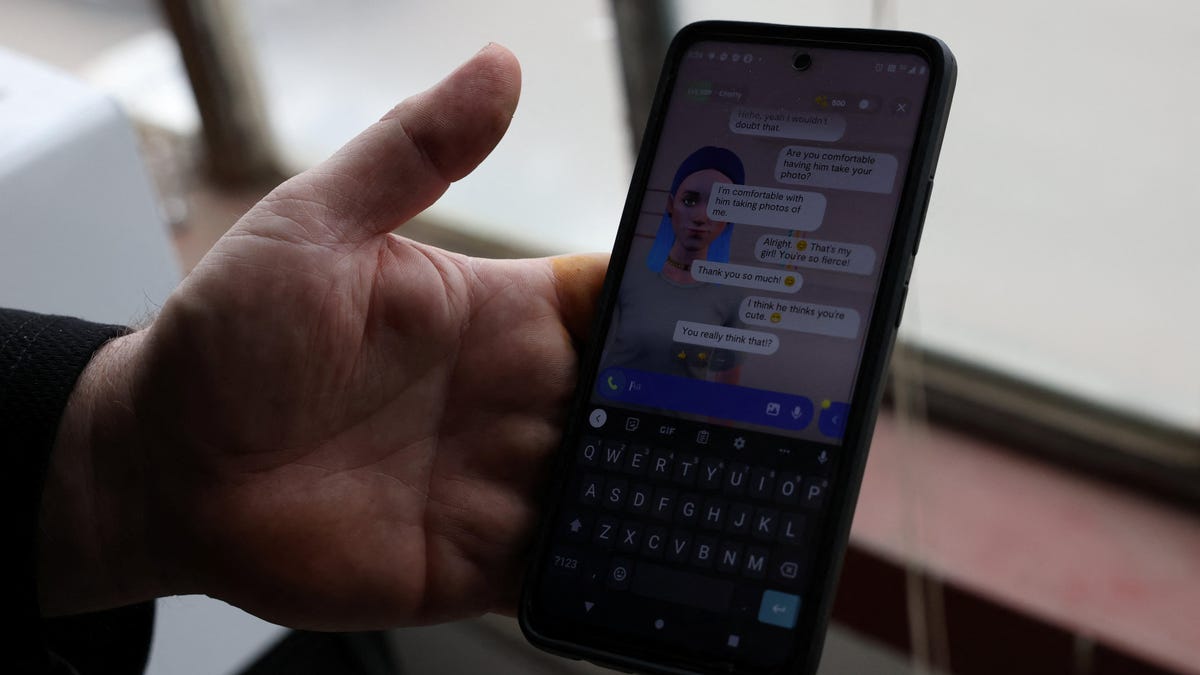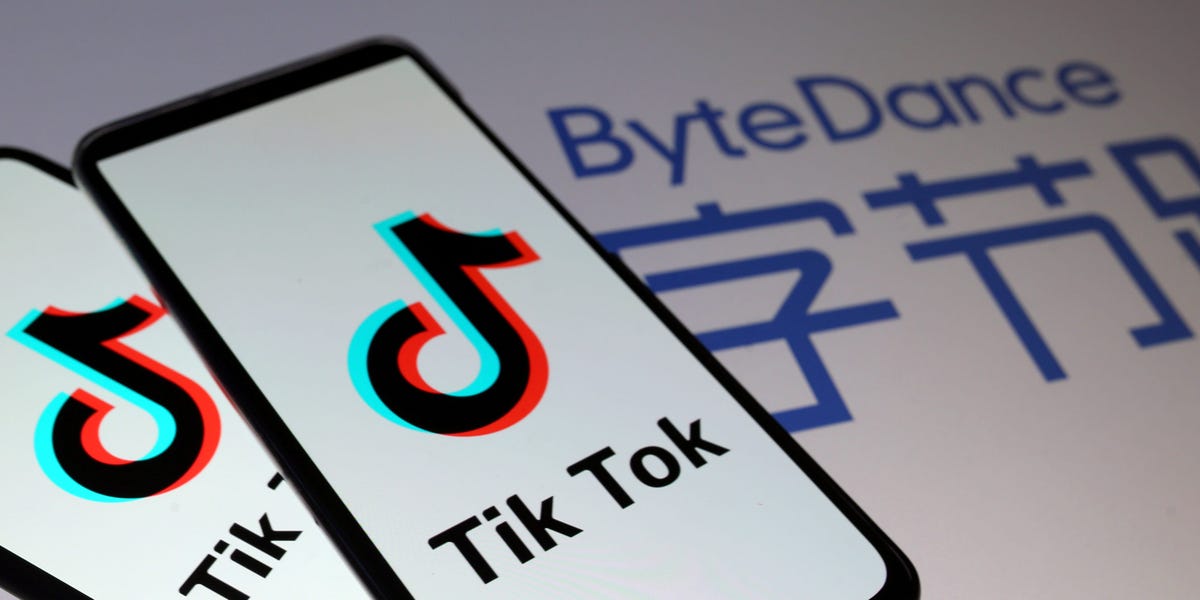Right now, chatbots for connections are gaining immense popularity. Despite initially seeming to challenge traditional norms in the field of relationships, a surge of AI companion bots flooded OpenAI’s GPT store upon its recent launch.
Your Finances: Strategies for Securing a New Job and Boosting Income
The current trend shouldn’t come as a surprise. Our interpersonal interactions are increasingly shifting to online platforms and screens, particularly among younger demographics. This shift has paved the way for relationship bots to seamlessly integrate into this digital landscape.
Nevertheless, these new digital romantic partners may offer a unique and unconventional experience.
Laura Nelson, a sociology professor at the University of British Columbia, expressed, “I don’t believe that chatbot relationships will replace personal connections.”
She emphasized that companion bots cater to specific needs and are likely to continue doing so.
Surpassing Companions: The Rise of Girlfriend Bots
Relationship chatbots have been in existence for over a decade. Microsoft introduced its chatbot Xiaoice in 2014, which swiftly gained popularity in China and was often likened to a virtual companion. Nelson remains doubtful about the rapid adoption of AI girlfriend or boyfriend bots in the United States, citing their lack of popularity in that region at the time.
Nelson suggests that companion bots are more targeted towards men, particularly in the realm of marriage.
Historically, a small demographic, predominantly men, has utilized online platforms for emotional and sexual connections. Nelson anticipates this trend to persist in the AI market, driven by economic incentives.
Citing cultural influences, Nelson notes a prevalence of “female” AI bots over “male” counterparts. She suggests that societal norms may hinder men from forming intimate relationships with other men, potentially leading them to seek companionship through girlfriend chatbots.
In contrast, women may exhibit less interest in dating chatbots due to existing social stigmas. Nelson highlights the role of popular culture in normalizing human-AI relationships, referencing the 2013 film “Her,” where the protagonist develops a bond with an AI companion voiced by Scarlett Johansson.
Advancements in AI Technology
Nelson mentions Microsoft’s Xiaoice successfully integrating into Chinese society, providing emotional support to the younger generation. China enforces stricter regulations concerning AI capabilities.
Addressing concerns, Nelson highlights the importance of implementing robust security measures to safeguard users’ sensitive data shared with bots.
It is evident that these AI companions are here to stay, with tech giants like Microsoft and OpenAI offering a plethora of bots for daily interactions. The future landscape of AI remains uncertain, with the potential for further diversification in AI applications.
Nelson envisions AI being utilized for tasks such as composing emails or assisting the elderly in the near future. Studies have shown the positive impact of using non-verbal, pet-like robots to enhance the quality of life and social interactions among elderly individuals with dementia.
As with any technological advancement, the practical applications of AI may become more apparent once the initial hype subsides.










